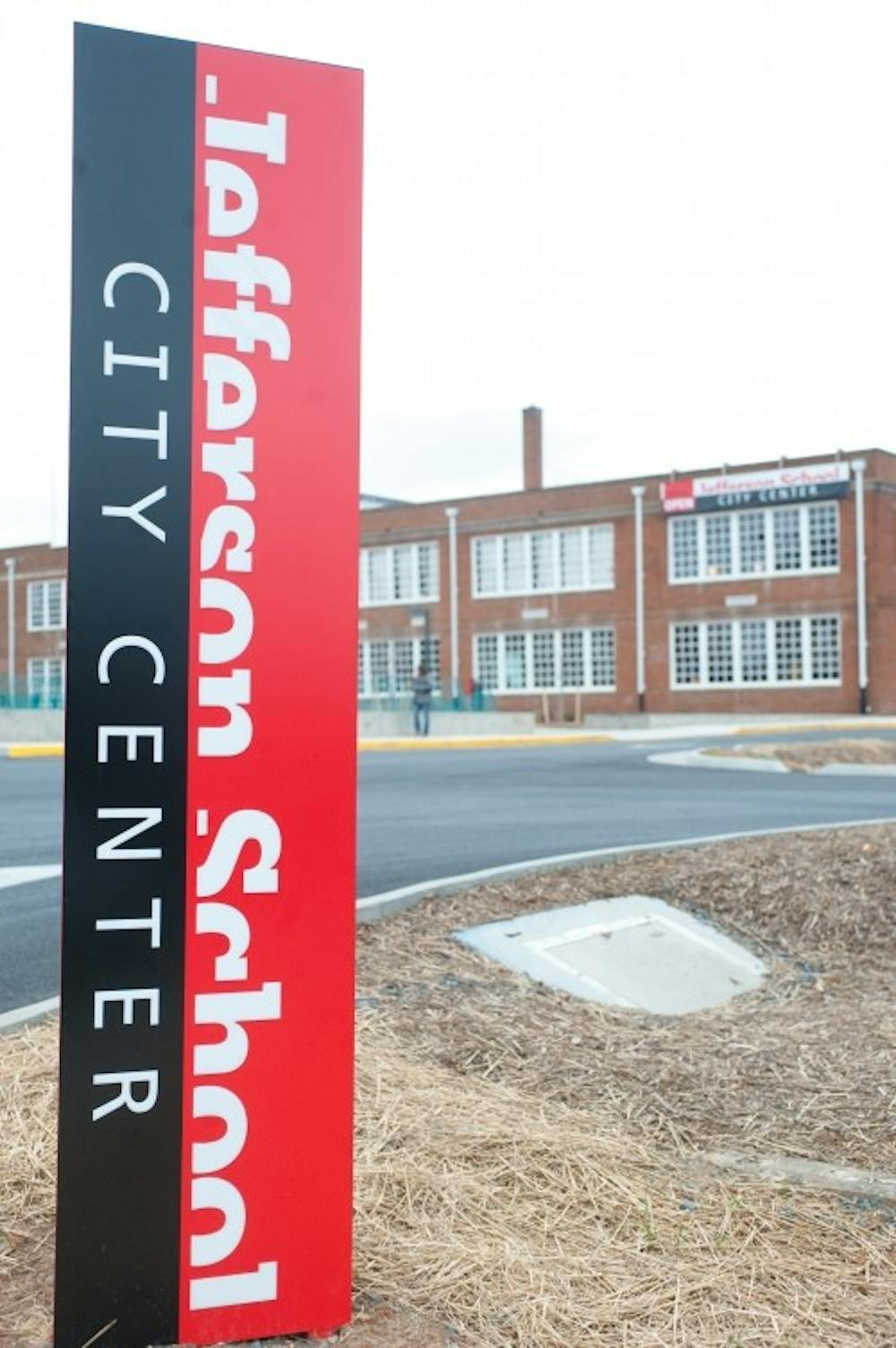The Jefferson School’s African American Heritage Center will open the permanent exhibition called “Pride Overcomes Prejudice” Oct. 13 at 12 p.m.. The exhibition will feature the story of the Jefferson School and its context in American history.
The exhibition aims “to honor and preserve the rich heritage and legacy of the African-American community of Charlottesville-Albemarle,” according to their mission statement — in three parts. The first part, which will open in October, will chronicle the opening of the institution in 1865 as a Freedmen’s school to 1920. The next two parts will encompass the history between 1920-1965 and 1966-2000.
The permanent exhibition will be separated into five sections. The five sections of the exhibition are called “The Freedom Generation” (1865-1895), The Migration Generation (1895-1926), “The Community School Generation,” (1926-1939), “The Civil Rights/Massive Resistance Generation (1939-1959) and “The Desegregation Generation” (1959-1970).
This history is important because it shows moments in Charlottesville’s history which made it the community it is today, Exhibit Curator Andrea Douglas said.
“This particular history is about the modern moment in American history in Charlottesville that’s connected to the community, certainly in how we educate ourselves and the way we live in this community now,” Douglas said. “That story is important and it needs a home.”
The exhibition shines a light on a part of history which does not always get told. It highlights the people who worked hard for education throughout Charlottesville’s modern history, Dr. Patrice Preston Grimes, associate dean in the Office of African-American Affairs, said.
“Education for liberation and for opportunity has been fundamental in the African-American community,” Grimes said. “This exhibit documents the events, people and work that occurred in a very important setting: the segregated school.”
The project started in 2008 and will cost around 1.2 million dollars. The foundation took the time to raise those funds and ensure that the historical facts in the exhibition were accurate, Grimes said.
The exhibition will start by showing Jefferson’s ideas about education and why they are important in the context of the school, Douglas said. The exhibition will be driven by biographies about special figures in the history of Charlottesville and the Jefferson School, including an exhibit about Isabella Gibbons, one of the first teachers at the Jefferson School.
The Jefferson school opened in 1865 and has a long history of education in the Charlottesville community and they want to represent it.
“The Freedman school begins in 1865 and then remains as an established school for its African American people well into and used by the community until the end of the 20th century.” Douglas said. “We carry that long history with us.”







